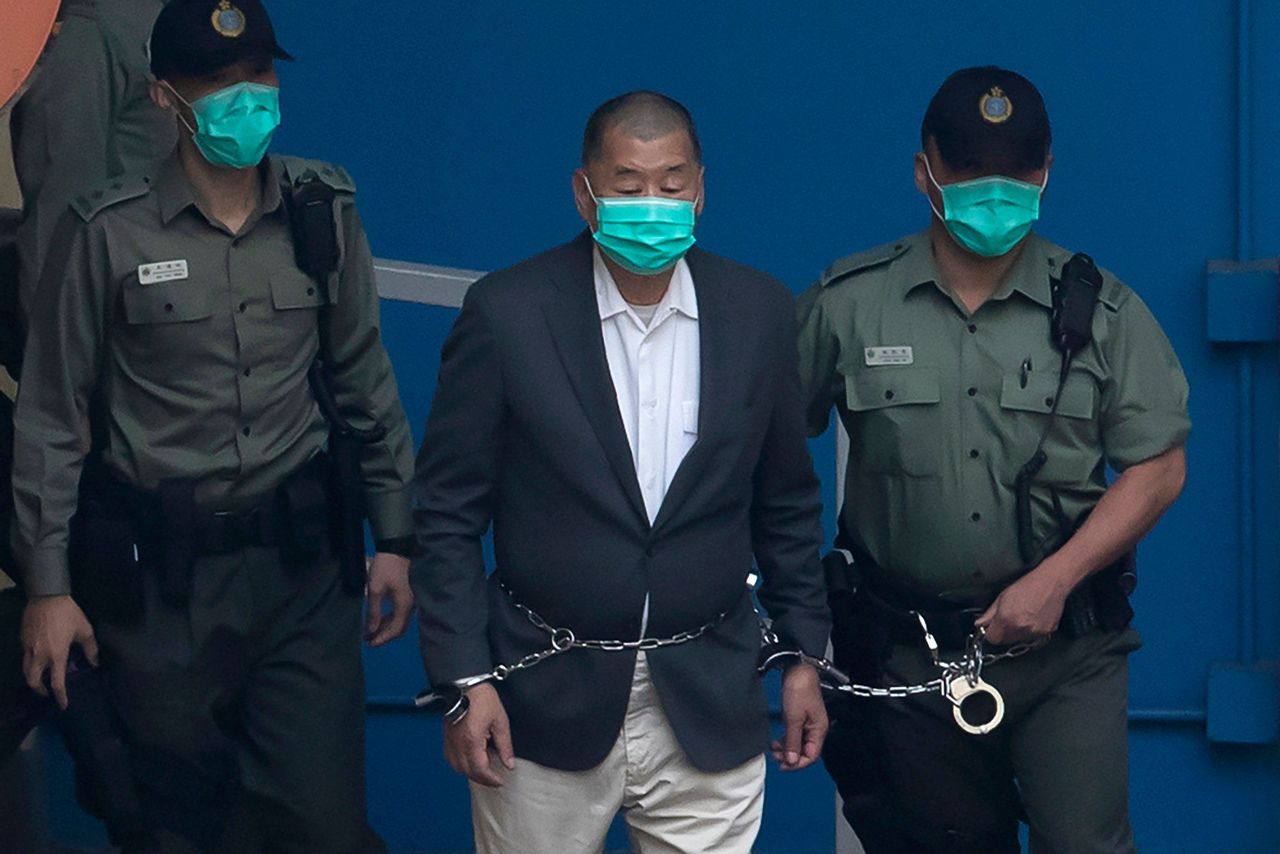Hong Kong News

National security law’s effects undercut Hong Kong freedoms, says US report
The US government on Friday cited the Chinese government’s recent interpretation of the national security law that Beijing imposed on Hong Kong three years ago as one of many violations of the city’s semi-autonomous status, outlined in an annual report required by Congress.
Highlighting an issue that has put Washington at loggerheads with authorities in Hong Kong and Beijing, the annual Hong Kong Policy Act report derided the decision that the city’s courts would need the approval of the chief executive or a committee established to safeguard national security to allow the participation of foreign lawyers.
The report argued that the interpretation “could significantly increase the authority of Hong Kong’s executive branch over the judiciary”, representing further deterioration of the rule of law as set out in the city’s Basic Law.
The State Department’s report to Congress on the state of democratic freedoms in Hong Kong is mandated by legislation that codified US relations with the city after the British handover in 1997.
While the report acknowledged a continued degree of autonomy in Hong Kong, it said the
national security law and electoral changes that have undercut the prospects for opposition political parties have eroded differences between the city and mainland China too much for US law to apply differently.
“There remain differences between Hong Kong and mainland China in some areas, including commercial and trade policy, internet freedoms and freedom of religion,” it said.
“But,” it added, “PRC and Hong Kong authorities continued to use ‘national security’ as a broad and vague basis … to stymie any progress toward universal suffrage in elections for Hong Kong’s Chief Executive and Legislative Council as set out in Hong Kong’s Basic Law.”
In January, the Chinese foreign ministry’s office in Hong Kong condemned a speech by Gregory May, Washington’s top envoy in the city, for similar criticism about Beijing’s interpretation of the law.
The office accused him of “maliciously abusing Hong Kong’s national security law and the interpretation by NPC Standing Committee” and “intentionally smearing the business environment of Hong Kong”.
 In this December 12, 2020, file photo, Apple Daily founder Jimmy Lai is
escorted to a prison van beforehis appearance in a Hong Kong court.
In this December 12, 2020, file photo, Apple Daily founder Jimmy Lai is
escorted to a prison van beforehis appearance in a Hong Kong court.
The report issued on Friday also cited Hong Kong’s arrest of retired Catholic leader Cardinal Joseph Zen Ze-kiun in May on suspicion of colluding with external forces to endanger national security, crimes under the national security law punishable by life imprisonment.
The case of imprisoned Hong Kong media tycoon Jimmy Lai Chee-ying was also detailed in the report. Lai was sentenced in 2021 to 20 months in jail for his roles in four unauthorised assemblies.
Despite completing that sentence, he remains locked up awaiting a High Court trial without a jury over more serious allegations of colluding with foreign forces.











